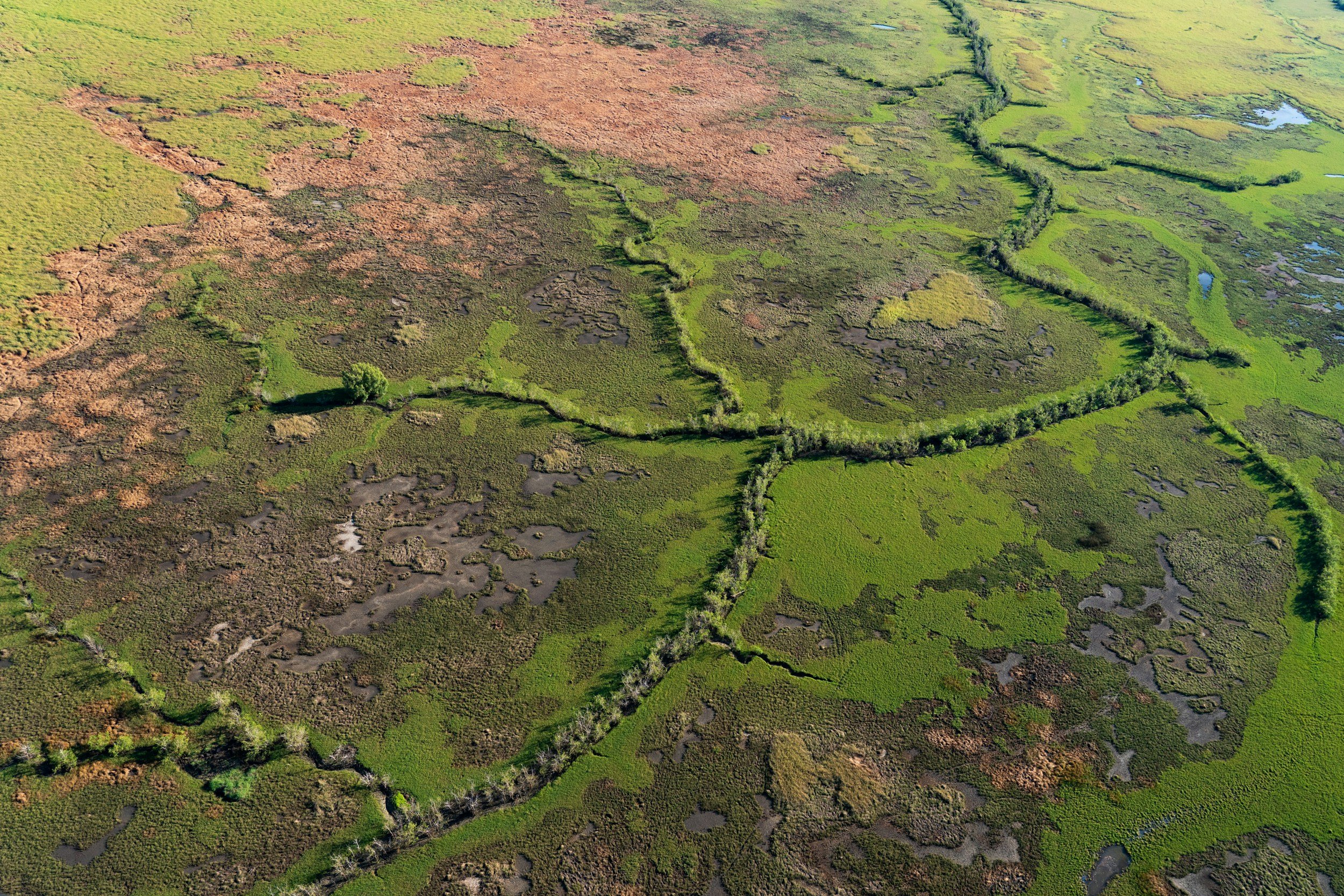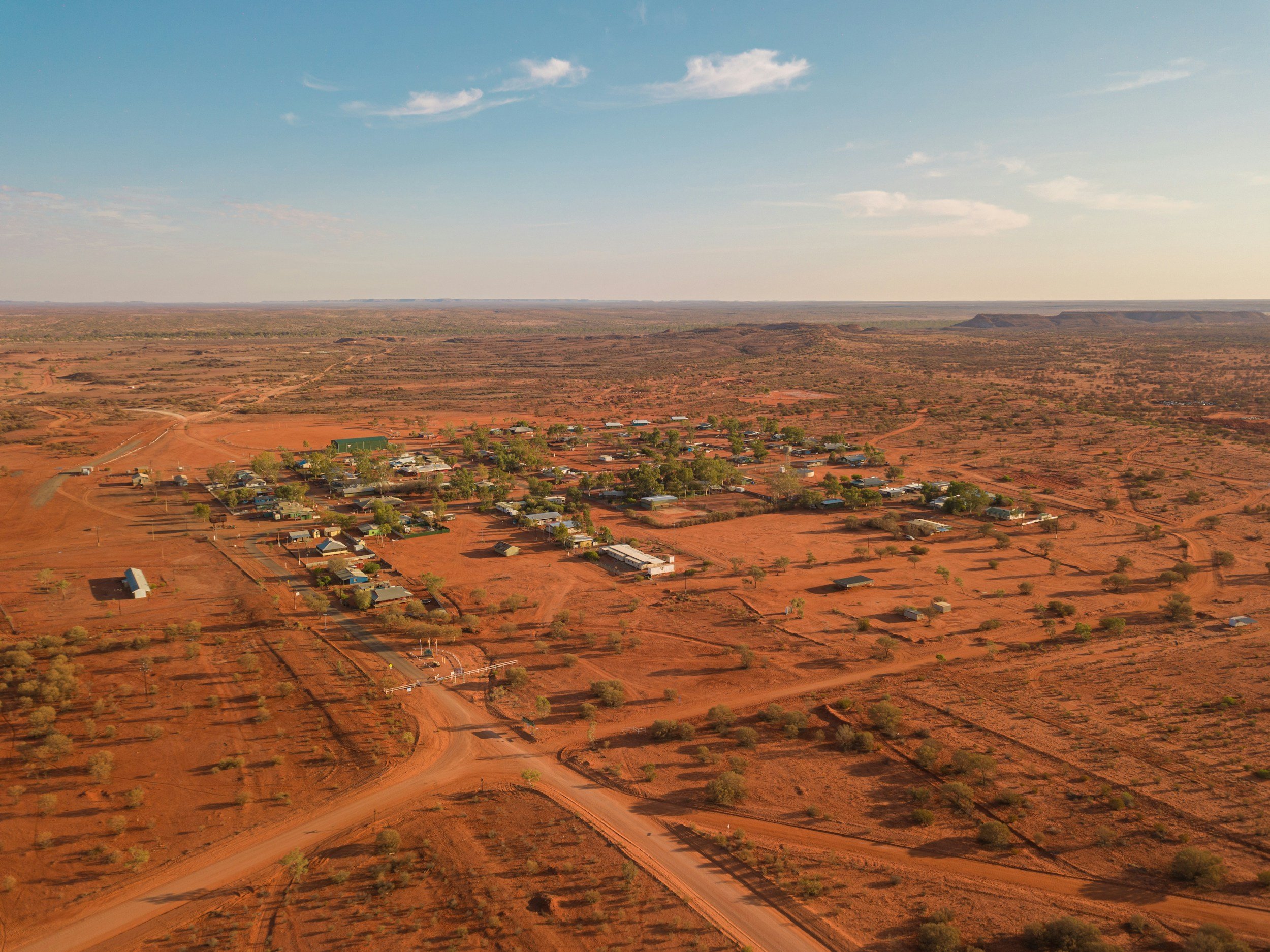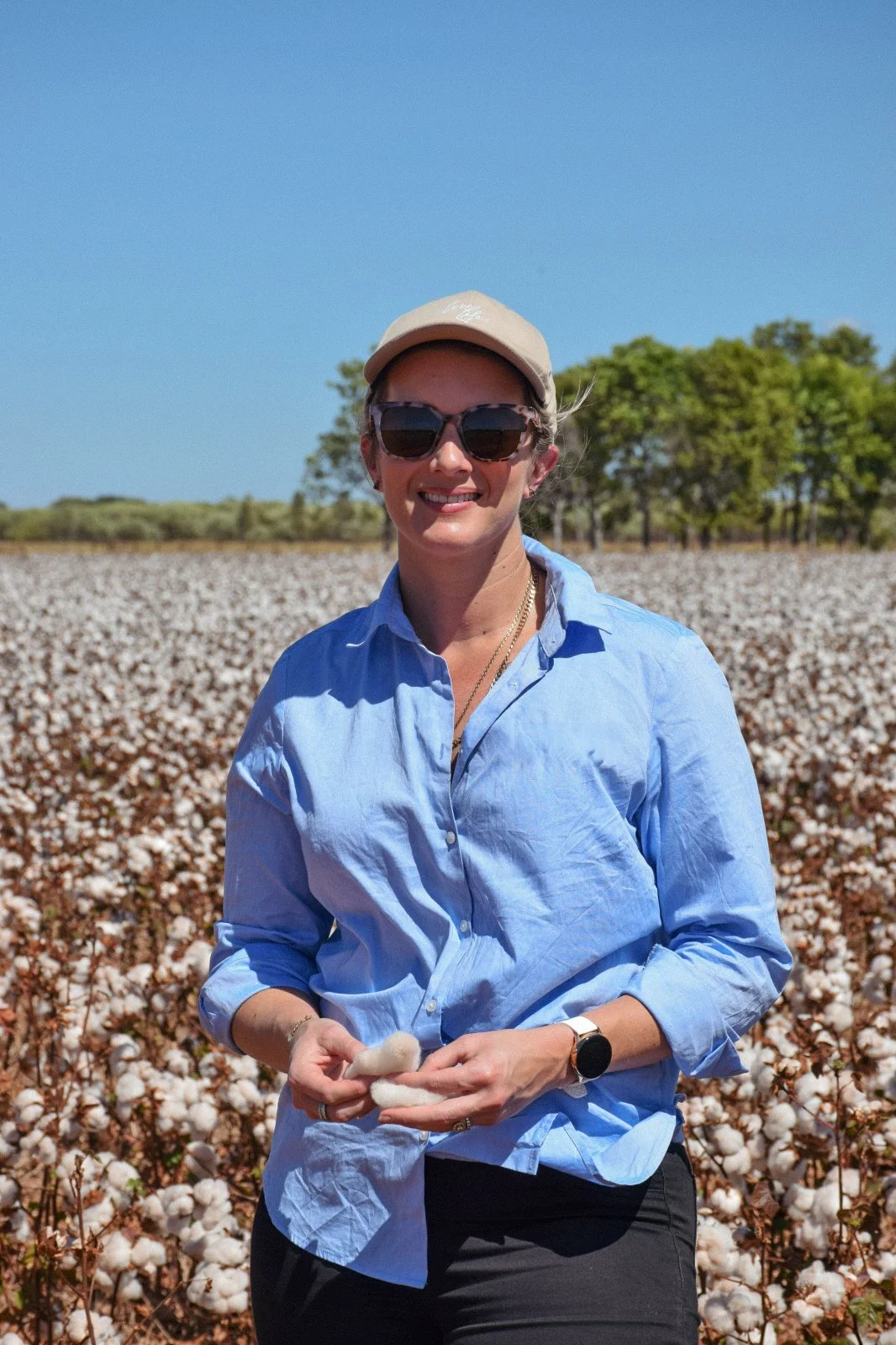
Empowering communities in northern Western Australia and Northern Territory
To build resilience to drought and climate variability; through collaboration and innovation
Northern Hub
The Northern Hub empowers regional communities across northern Western Australia and the Northern Territory to build resilience against environmental challenges such as drought and climate variability. By fostering collaboration, driving innovative solutions, and supporting research, the Northern Hub promotes proactive drought preparedness and sustainable practices that support ecosystems and regional economies. Through these efforts, the Hub enhances the capacity of communities to adapt, innovate, and thrive, creating a prosperous and resilient future across the region.
Latest News
EcoMob working to turn food waste into nutrient-rich soil booster
The Northern Hub's Troy Garling said Mr Feeny was a role model.
"Whether it's fertiliser or whether it's fish meal, whatever it comes out, I think for the NT that's something to be proud of for all of us," he said.
Future Drought Fund Investment Strategy
The Strategy is our roadmap for building drought resilient farms, landscapes and communities.
Meet our newly appointed Director
Northern Hub is happy to welcome our new Director Leia Grimsey.
Our Priority Pillars
-
The Northern Hub prioritises the inclusion and empowerment of First Nations communities, ensuring their knowledge systems and contributions are central to resilience strategies.
-
Building human capacity is integral to driving transformational change in northern agricultural systems.
-
Promoting sustainable land management practices is critical to maintaining productivity and biodiversity.
-
Advancing the capacity to participate in nature-based markets through policy evaluation and stakeholder engagement.
-
Supporting proactive management of climate variability, risks, and biosecurity challenges.
Our partners
Upcoming events.
Stay updated on events that empower our region through drought resilience, biodiversity conservation, and climate action. From community-led workshops to expert panels and networking opportunities, our events foster collaboration and sustainable solutions for a stronger future.














